So you’re thinking of buying a home to call your own. If it’s your first, it will no doubt be an exciting yet overwhelming experience. What should you look out for? What common mistakes should you avoid? Can you afford it? We know how these seemingly endless questions are popping up in your head, so let us ease your mind with a few tips on how to avoid costly mistakes when buying your first property.
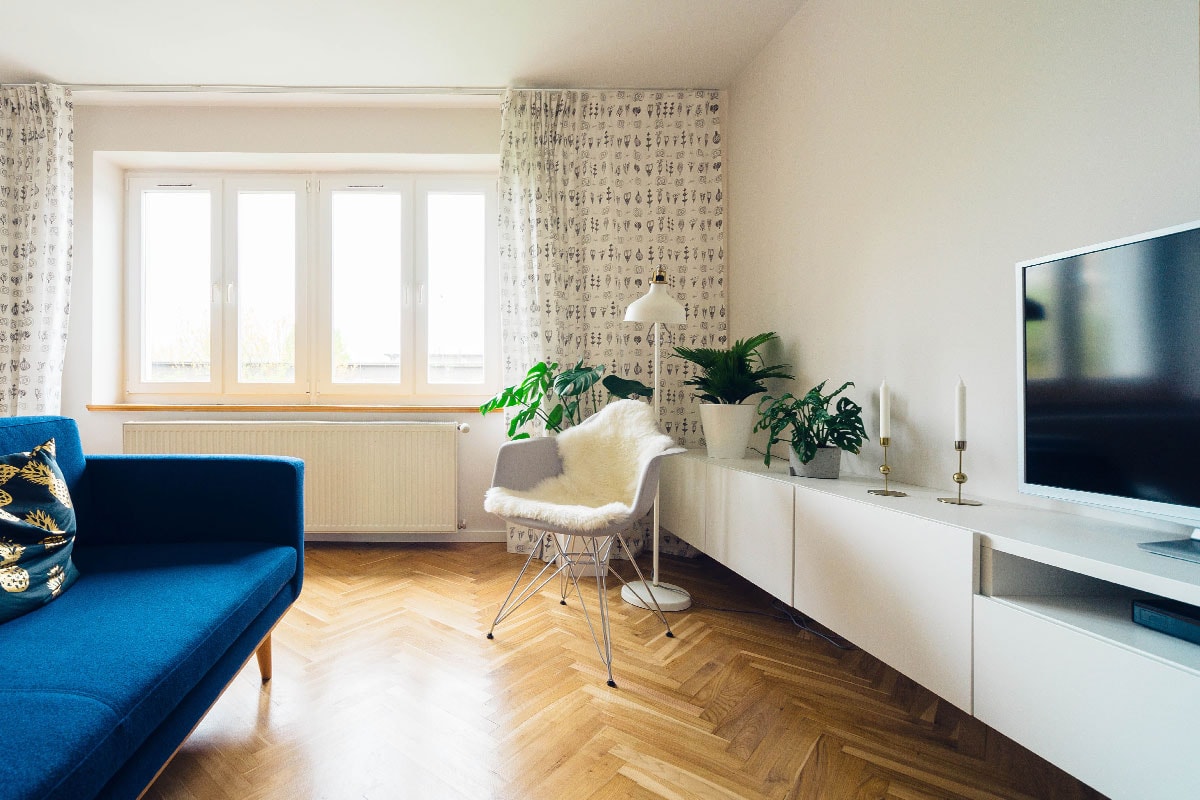
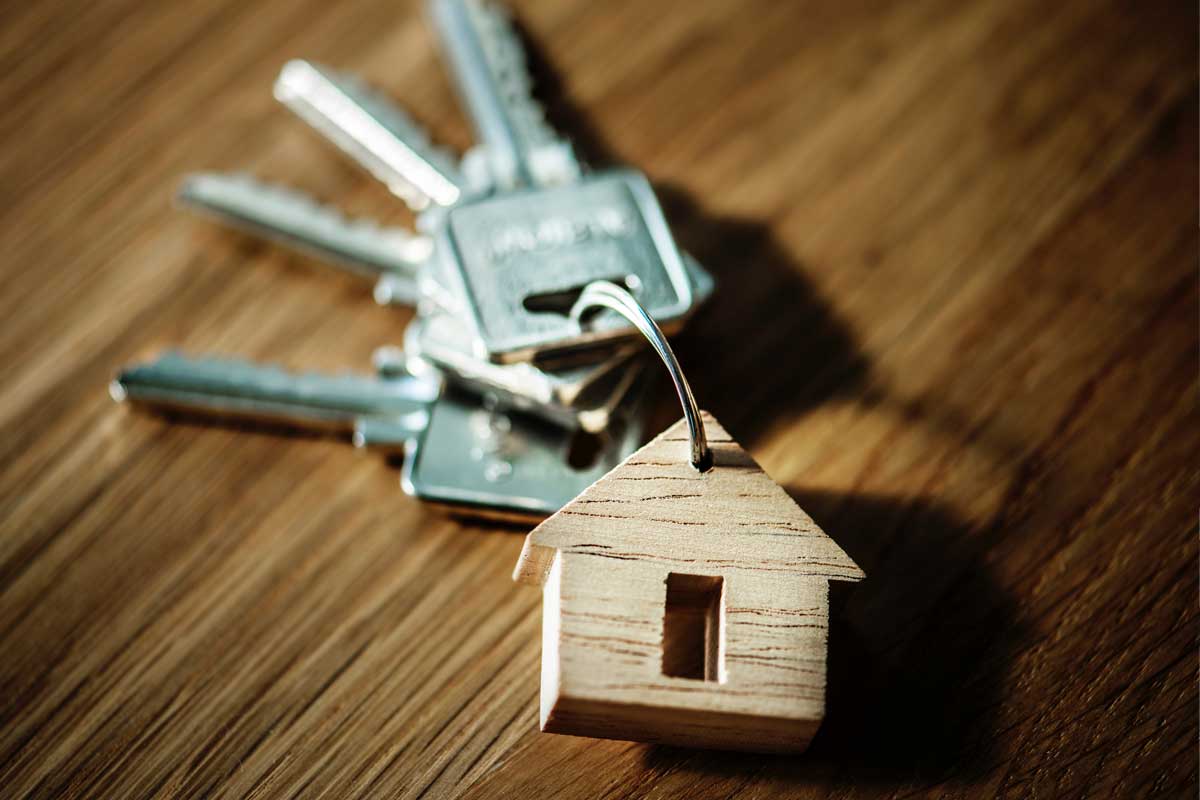
First things first, set a price limit for the home you can afford and stick to it. This means assessing your financial health by checking:
• How much cash you have on hand to make the down payment
• How much you are eligible to loan from the bank
• How much you can afford to pay in monthly mortgage
On top of that, remember to factor in additional costs that can add up quickly, such as - Lawyer fees, stamp duties, property taxes, home and fire insurance and property valuation report costs.
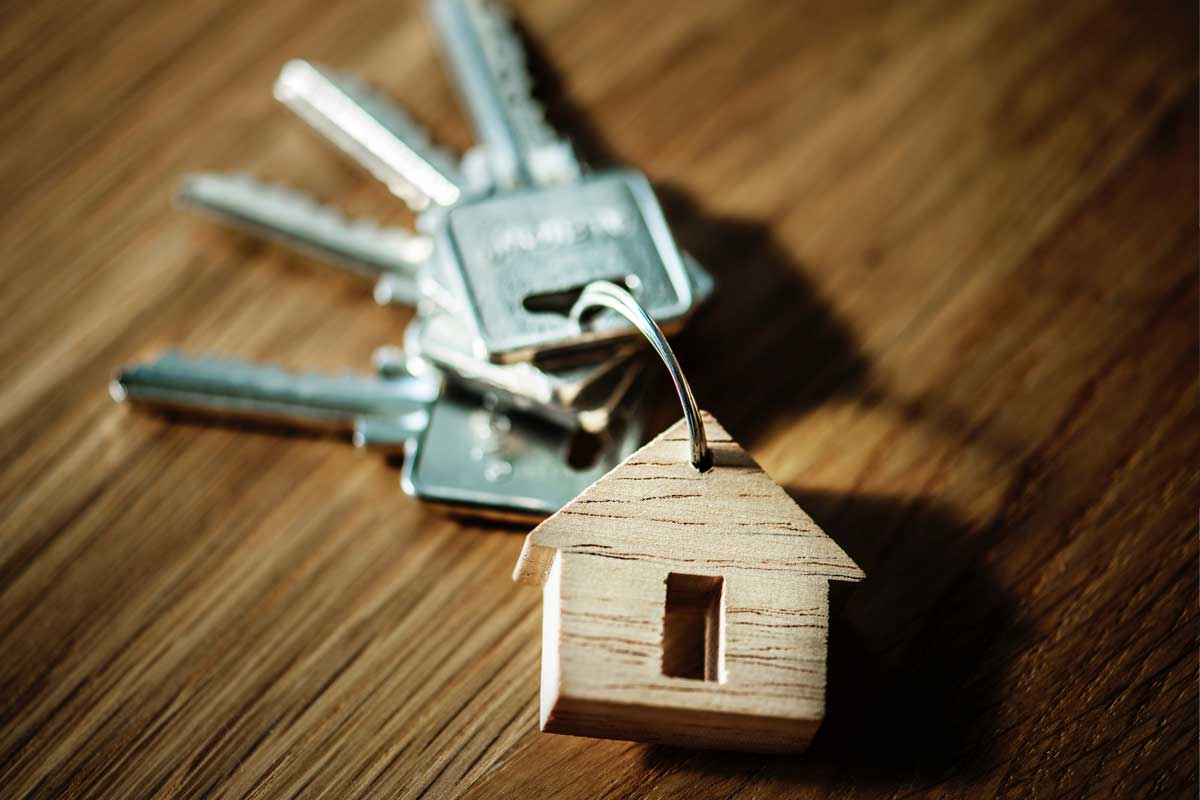
2. Consider your needs realistically
If you plan on living alone in this home, it makes more sense to own a home that’s compact and manageable. Similarly, if you have children, or are planning to, it’s best to plan ahead for at least the next 5 to 10 years. A few things to keep in mind:
• Plan the number of rooms you need.
• Consider the living space needed to accommodate your family.
• Is the location close to lifestyle amenities you use frequently?
• Are there schools nearby you foresee your kids attending?
3. Research. Research. Research.
It pays to be informed about the property you’re eyeing. If it’s a new property under construction, make sure you visit it a few times to get a feel for it throughout the day. After all, this might be your home for many years to come. Here’s a checklist that every prudent home buyer should consult:
• Be wary of the property’s surroundings: neighbours, amenities, even the way the sun shines on the property throughout the day.
• Check the URA Master Plan to learn if any future developments might impact your home and its value.
• Look at recent transactions of the development and note the price trends.
4. Budget for renovation
The property looks good. The neighbourhood feels right. Now for what’s inside. The usual budgeting rules apply: set a limit so you don’t overspend.
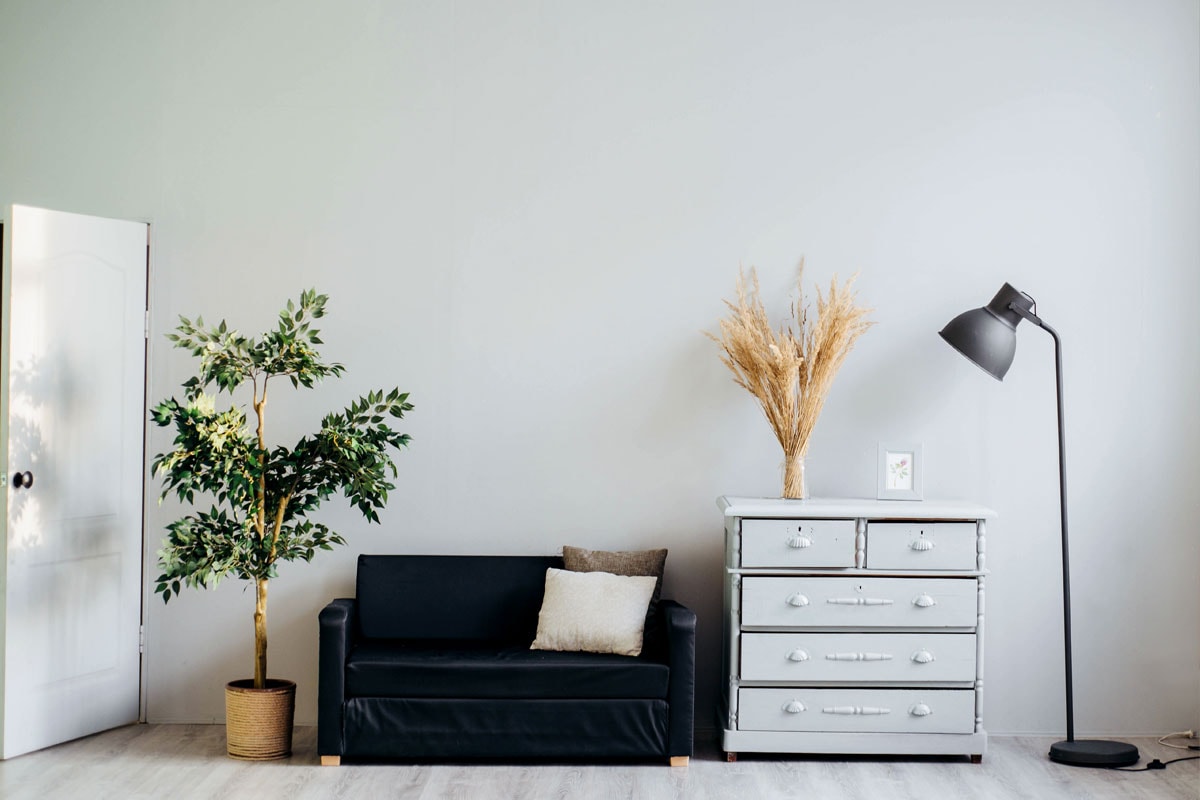
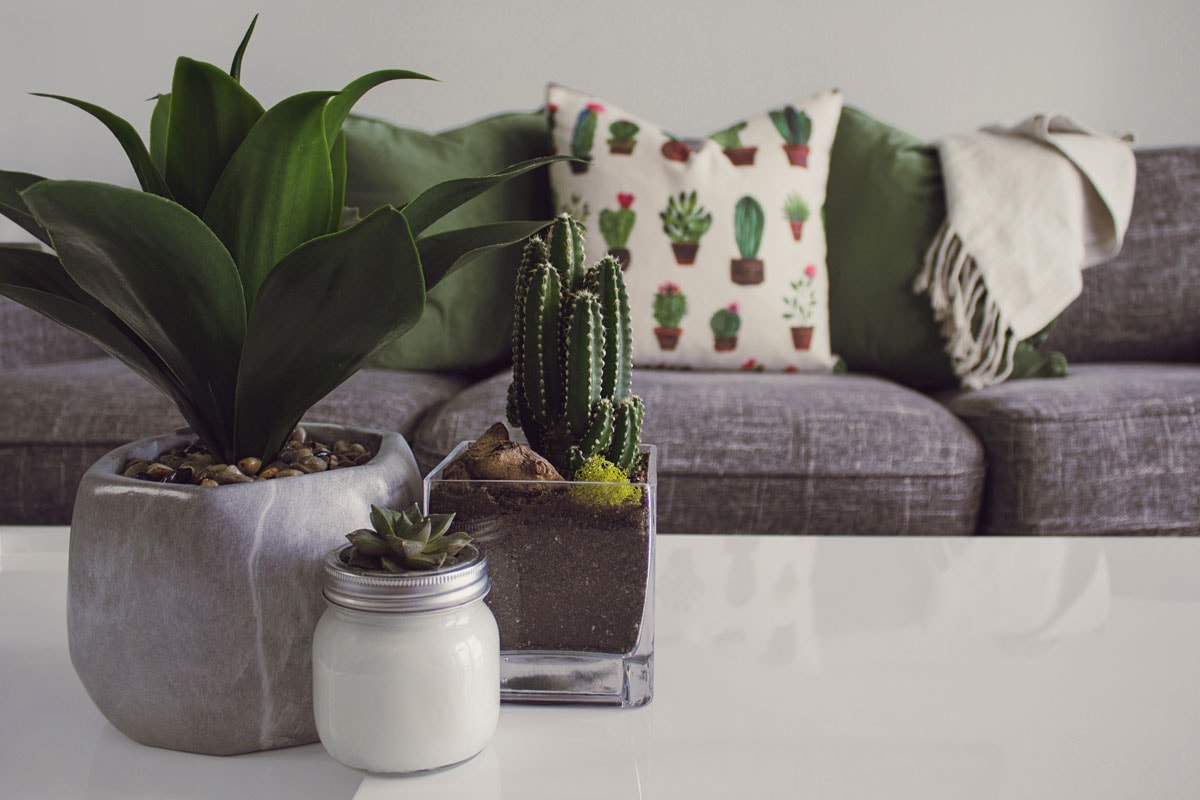
Here are some tips to keep your cash flow smooth throughout the renovation process:
• Keep a cash buffer for unexpected costs.
• Be realistic about your needs and wants. That custom-made arm chair sure is comfortable to lounge on, but is it comfortable on your budget?
• Renovate your home in phases to avoid paying huge amounts at once.
• Shortlist 3-5 renovation firms and get a quote from them in person. Remember, price isn’t everything – good workmanship will save you future costs.
• Double check the renovation work and make sure any defects are fixed before signing off.
Now that you’re equipped with this knowledge, be sure to check out our top property picks in Singapore’s Central, East and West.
